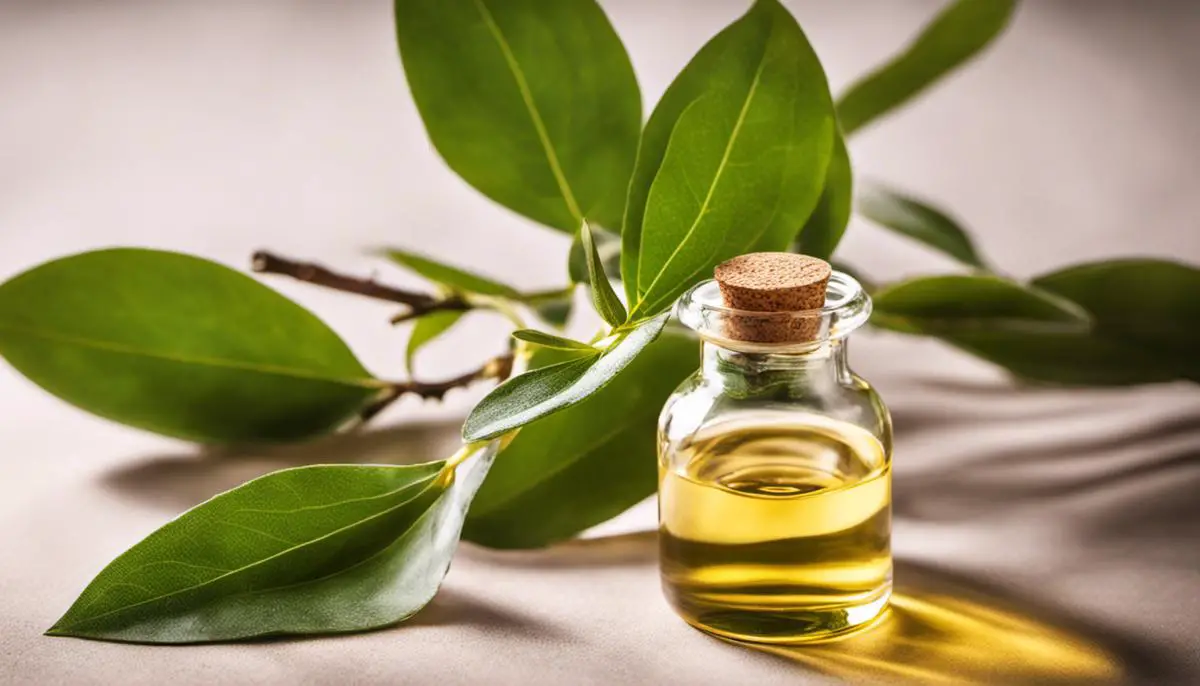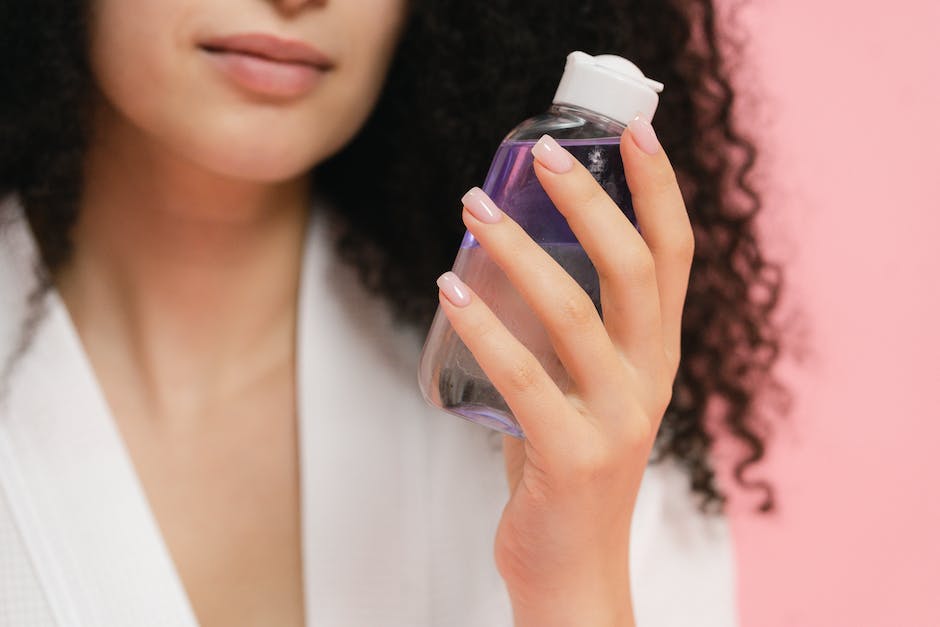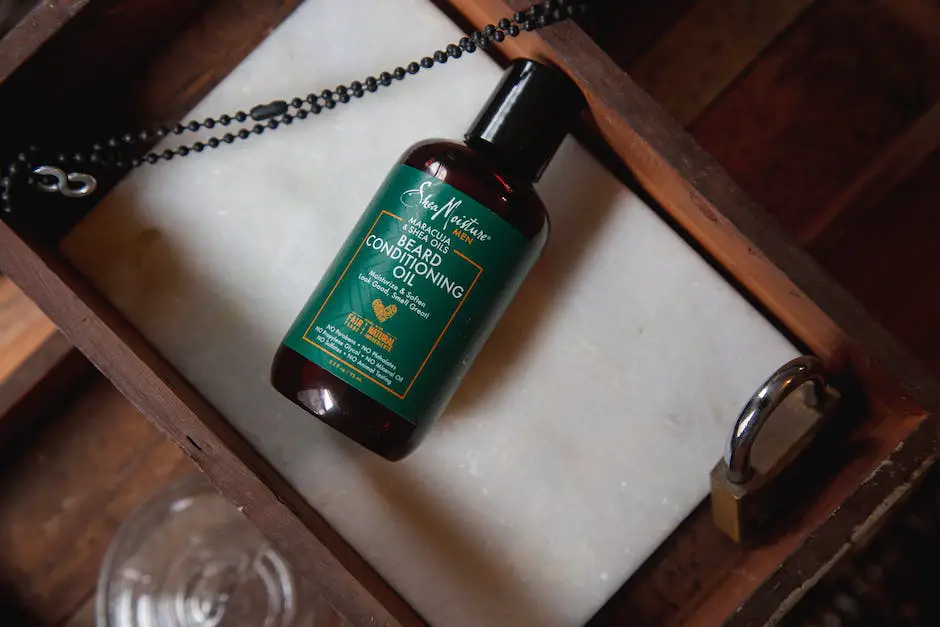Beautiful, healthy hair is every person’s dream, and achieving it requires knowledge and the right products. Jojoba oil, an all-natural product that has proven beneficial over the years, offers plenty of advantages for hair, particularly for African hair textures. This cherished oil, packed with enriching nutrients, moisturizes the scalp, fosters hair growth, repairs damage, and provides essential nutrients. Knowing how to use jojoba oil correctly is critical to enjoying these benefits. From understanding the correct quantities to getting the application timing right, correct usage is the gateway to maximise jojoba oil’s impact on your hair care routine. Furthermore, identifying compatible products and understanding how to adjust your routine based on your hair’s needs, ensures you make the most of this natural wonder. To make things even more exciting, jojoba oil’s versatility allows you to incorporate it into DIY hair care recipes, giving you the chance to create custom-built treatments such as deep-conditioning masks, hot oil solutions, and hair spritz
Understanding Jojoba Oil’s Benefits
Understanding Jojoba Oil
Jojoba oil originates from the seeds of the Jojoba plant, scientifically known as Simmondsia Chinensis, which is native to southwestern North America. Often referred to as a liquid wax, jojoba oil is rich in vitamins E and B, antioxidants and minerals like copper and zinc, which are fundamental for a healthy scalp and hair growth.
Appreciating the Properties of Jojoba Oil
Jojoba oil’s chemical composition closely resembles the sebum, the natural oil produced by our scalp, which makes it an ideal choice for maintaining hair health. Its non-greasy nature ensures it doesn’t leave a harmful residue while still retaining moisture – a key benefit particularly for African hair types, which are more susceptible to dryness due to their unique structure.
Why Jojoba Oil Is Beneficial for African Hair
The tightly coiled structure of African hair typically makes it more prone to dryness and breakage. Jojoba oil stands out as a solution due to its pronounced moisture retention capability. By consistently using jojoba oil, you can help your hair retain hydration, reducing the risk of dryness-induced breakage and promoting overall hair health.
Jojoba Oil as a Moisturizer
As a moisturizer, jojoba oil proves to be especially advantageous for African hair as it does not evaporate quickly, ensuring long-lasting hydration. It forms a protective barrier around the hair shaft that locks in moisture, combating dryness and frizz, elements that often plague African hair.
Jojoba Oil and Hair Growth
The rich nutrients within jojoba oil, particularly vitamin E and B, play a significant role in promoting hair growth. They nourish the scalp, promoting blood flow, which in turn facilitates the growth of hair follicles. Regular use of jojoba oil may also help alleviate common hair growth inhibitors such as dandruff and scalp inflammation.
Repairing Hair Damage with Jojoba Oil
Jojoba oil’s reparative properties can be attributed to its high antioxidant content. These antioxidants protect the hair against damaging environmental aggressors, such as sunlight and pollution. Hence, consistent application of jojoba oil can help mend split ends and reduce hair breakage by reinforcing the hair’s natural defense system.
Nutritional Benefits of Jojoba Oil
Besides its moisturizing and repairing properties, jojoba oil nourishes the scalp and hair with essential minerals like copper and zinc. These nutrients are associated with strengthening hair follicles and enhancing hair elasticity, contributing to fuller and healthier hair especially beneficial for the relatively fragile African hair type.
In conclusion, jojoba oil proves a worthy addition to the hair care regimen particularly for African hair. Its hydrating, nutritional, and protective properties can ultimately lead to a healthier scalp and more resilient, vibrant strands.

Proper Application of Jojoba Oil
Understanding African Hair and Jojoba Oil:
African hair is distinctively curly and often dry. Jojoba oil is beneficial for this hair type because it closely simulates sebum, which is a natural oil produced by the scalp. This oil is capable of deeply nourishing and moisturizing African hair, reducing breakage and promoting hair growth.
Choosing the Right Jojoba Oil:
To derive maximum benefits, opt for pure, unrefined jojoba oil. It will be clear with a bright golden color and it will carry a mild, nutty smell.
Determining the Right Quantity of Jojoba Oil:
Quantity depends on your hair length and density. Generally, a teaspoon to a tablespoon should suffice for medium density hair of shoulder length. For thicker or longer hair, you may require more.
Preparing Your Hair:
Jojoba oil is beneficial on both dry and wet hair depending upon your preference. If you choose the former, ensure that your hair is free from all dirt and oil. Should you prefer damp hair, wash your hair and towel dry it, leaving it slightly wet.
Ensuring Proper Application:
Warm the jojoba oil slightly prior to application as warm oil penetrates the hair shafts better. Use your fingers to spread the oil evenly across your hair, paying particular attention to the tips as they are the driest part. Massage the oil into your scalp to promote good blood circulation, which in turn stimulates hair growth.
Remembering Jojoba Oil is Not a Rinse-Off Product:
Once applied, jojoba oil shouldn’t be rinsed off like a conditioner. Instead, the oil should be left on the hair to allow for maximum absorption. If your hair feels excessively oily, use less oil the next time. Over-application will not boost the benefits, and it could lead to buildup on the scalp.
Knowing When and How Often to Apply Jojoba Oil
Jojoba oil can be used as a part of your daily haircare routine. However, those with oily scalps should limit the usage to avoid over-moisturizing. It’s highly recommended to apply jojoba oil before bedtime. This allows the oil ample time to penetrate the hair shaft and seal in the moisture, leading to softer, healthier hair in the morning.
Jojoba oil can also be applied prior to heat styling to provide a protective barrier that minimises damage. For weekly or biweekly use, apply oil as a pre-poo treatment or add it to your conditioner for the extra moisturising impact.
Using Jojoba Oil for Locs:
For people with locs, jojoba oil is an excellent choice since it seeps into the hair without leaving a residue to build-up. Warm it and apply directly to the scalp, massaging it in and lightly coating the locs.
Incorporating Jojoba Oil with Other Products:
Jojoba oil can be mixed with other essential oils like rosemary or tea tree oil for added benefits. This oil is also incredibly beneficial as an ingredient in DIY hair masks and treatments because of its deeply nourishing properties. Use it as a carrier oil with other potent ingredients for an intense hair therapy session.
Remember to conduct a patch test:
Remember to conduct a patch test on your skin before you use jojoba oil for the first time or mix it with other ingredients, to ensure that you do not react negatively to it.

Creating a Jojoba Oil Routine
Understanding Jojoba Oil and African Hair
African hair is unique in its structure and therefore requires specialized care. Jojoba oil is one treatment that works well for African hair due to its chemistry. It closely resembles the natural sebum produced by the scalp, promoting balanced moisture and preventing the scalp from overproducing oil. This ensures the hair remains healthy, shiny, and well-conditioned. However, incorporating jojoba oil into your hair care routine involves more than just applying it to your hair.
Choosing the Right Jojoba Oil Products
It’s crucial to find products that blend well with jojoba oil. Since jojoba oil mimics the scalp’s natural sebum, it can mix well with most products without causing any adverse reactions. Look for hair care items that list jojoba oil as an ingredient, or purchase pure jojoba oil to add to your current hair products. Shampoos, conditioners, and hair masks with jojoba oil can be particularly beneficial.
Using Jojoba Oil with Other Hair Treatments
When incorporating jojoba oil into your hair care routine, it’s crucial to understand how to use it effectively with other treatments. Using jojoba oil before washing with shampoo can help safeguard your hair from the drying effects of some cleansers, while adding jojoba oil to your conditioner can increase its moisturizing benefits. Additionally, using jojoba oil as a scalp massage oil or hot oil treatment once or twice a week can greatly improve your hair’s health and shine.
Adjusting Your Routine Based on Hair Response
As with any new hair care regimen, observing your hair’s response to jojoba oil is important. Look for positive changes, such as increased softness, decreased frizz, or a healthier-looking scalp. If you notice any negative reactions, such as increased oiliness or irritation, adjust your routine. This may involve using less jojoba oil, using it less frequently, or discontinuing use of it in some products but not others. Remember, the goal is balanced moisture, not excessive oil.
Creating a Jojoba Oil Routine
A typical jojoba oil routine for African hair might first involve applying jojoba oil to the scalp and hair before shampooing. This could also include adding a few drops of the oil to your conditioner during your normal wash routine. Consider incorporating a weekly or biweekly hot oil treatment using jojoba oil for enhanced benefits. Monitor your hair’s health and make adjustments to your routine as needed to maintain optimal results.
Remember, everybody’s hair is unique. It’s essential to listen to your hair’s needs and adjust your routine accordingly to reap the full benefits of jojoba oil.

DIY Jojoba oil Hair Care Recipes
Jojoba Oil: The Perfect Natural Solution for African Hair
Jojoba oil is a nutrient-rich, waxy oil extracted from the seeds of the jojoba plant. Because it closely mimics the natural oil, known as sebum, that your scalp produces, jojoba oil can help balance your scalp’s oil production and add sheen and softness to your hair. It is particularly well-suited for African hair, which is often dry and fragile, due to its ability to deeply penetrate the hair shaft and minimize damage.
DIY Jojoba Oil and Honey Deep Conditioning Hair Mask
For a deeply nourishing treatment, use jojoba oil and honey. Honey acts as a humectant, drawing moisture into the hair, while jojoba oil strengthens and softens it. Mix two tablespoons of jojoba oil with an equal amount of honey, apply the mixture to your hair, then cover your head with a plastic shower cap and let it sit for about thirty minutes before washing out with shampoo.
At-Home Jojoba Oil Hot Oil Treatment
Jojoba oil also serves as an excellent base for hot oil treatments. To create your own, heat up three to five tablespoons of jojoba oil (depending on hair length and thickness) until just warm, but not hot. Once cooled a bit, apply it to your scalp and hair, making sure the entire hair shaft is covered. Wrap your head in a towel, and allow the oil to penetrate your hair for about thirty minutes or longer, then rinse and wash your hair as usual.
DIY Jojoba Oil Hair Spritz
For a daily moisture boost, a jojoba oil hair spritz is an excellent option. To make one, combine half a cup of water with two tablespoons of jojoba oil and a few drops of essential oil for fragrance, if desired, in a spray bottle. Make sure to shake the spritz before each use to keep the oil and water combined. You can spray it onto your hair each morning and whenever your hair feels dry throughout the day.
Jojoba oil, being an emollient, moisture-sealing oil, can play a key role in the care and treatment of African hair. Remember, every person’s hair is different and the quantity of oil you use may need to be adjusted based on how your hair responds. Always try small amounts first and observe the effect it has on your hair before gradually increasing the amount.

Maximizing the benefits of jojoba oil for African hair requires more than just mere application. It demands a perfect strategy ranging from understanding the oil’s beneficial properties, to mastering the art of application, creating a consistent jojoba oil routine, and learning the knack of incorporating it into DIY hair care recipes. When the golden drops of this enriching oil are applied effectively, incorporated sagely into a routine that focuses on the hair’s individual needs, or included in homemade recipes, the benefits are immense. Drawing out a program that integrates all these factors ensures you gift your coils and curls the nourishment they need, repair any existing damage and promote healthy hair growth, ultimately ensuring the crowning glory that is your hair is always at its shiny, bouncy best.

Leave a Reply